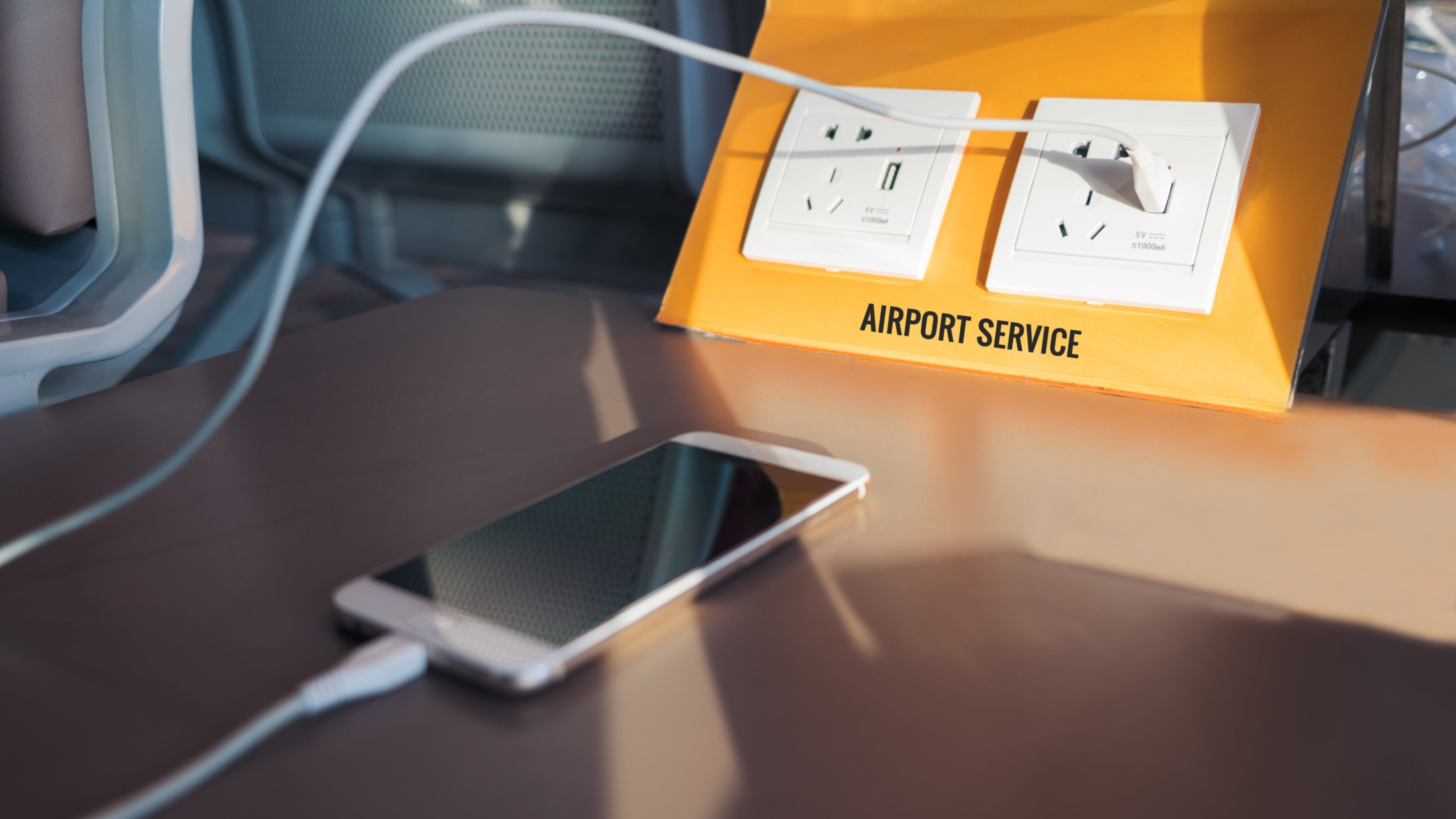The FBI has warned that public USB chargers at airports and other locations may pose a risk to travelers due to "juice jacking" – a hacking technique where cybercriminals infect USB ports with malicious software.
- To avoid becoming a victim, the agency recommends bringing your own USB cord and charger and using an electrical outlet instead.
Juice Jacking 101: Juice jacking involves bad actors hijacking public USB ports to install malware and monitoring software onto unsuspecting users' phones and other devices. Once infected, hackers can access the compromised devices and steal sensitive data.
- Android devices are more vulnerable than iPhones and iPads, but Apple devices are not entirely immune to these attacks.
- To further protect themselves, iPhone and iPad users can rely on the "Trust this Computer?” prompt that appears when connecting to an unfamiliar device.
Stay Safe: In addition to avoiding public USB chargers, the FBI's “Be Cautious When Connected” site advises against making purchases or conducting sensitive transactions on public WiFi and urges users to keep their software and systems up-to-date. So next time you're at an airport, remember to stay charged, but stay safe too!



